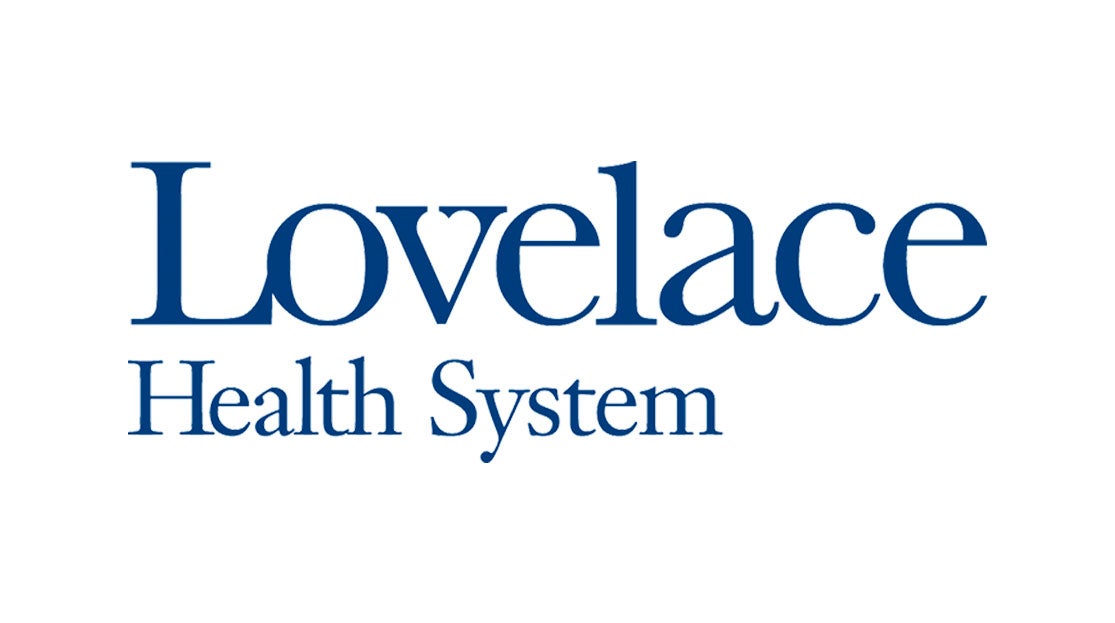
“Diabetes doesn’t stop.” That is the message from the American Diabetes Association during the month of November, National Diabetes Awareness Month. 26 million children and adults in the US are living with diabetes today. Nearly 80 million people are living with a leading risk factor – prediabetes. If the growth continues, an estimated one in three people will have diabetes by 2050. The good news – there are steps you can take today to help prevent your risk or control complication if you have been diagnosed.
Know Your Risk
While it is not known what causes Type 1 diabetes, data shows men and women are affected equally, but the condition is far more common among whites than non-whites. Type 1 diabetes is usually diagnosed in children, but can develop at any age.
However, risk factors for Type 2 diabetes are known and controlling risk factors has been shown to prevent the disease. A primary risk factor for Type 2 diabetes is being overweight, as the more fatty tissue in our bodies, the more insulin resistance we are. Research has also shown that if we carry our fat primarily around our abdomen, our risk increases. If we have a family history, of African-American, Hispanic, American Indian or Asian-American race, over the age of 45, develop prediabetes or gestational diabetes, we increase our risk for developing Type 2 diabetes.
Impairs Overall Health
Living with diabetes can have a dramatic impact on our overall health in a number of ways. Two out of every three people diagnosed with diabetes will die from heart disease or a stroke. It is the leading cause of kidney failure and blindness in adults. Diabetes increases your likelihood of needing an amputation 10-fold. As many as 70 percent of diabetic patients experience nerve damage resulting in pain in the hands and feet, slowed digestion and other complications.
Diagnosed? Questions to ask.
If you have been diagnosed with diabetes, the National Diabetes Education Program shares these five questions you should ask your health care provider:
1. What are my ABCs and what should mine be? (A1C test, blood pressure and cholesterol levels)
2. How will I know if the medications I am taking for diabetes are working?
3. Are my children at risk for Type 2 diabetes?
4. When should I schedule my next routine visit?
5. How can I learn more about Type 2 diabetes?




